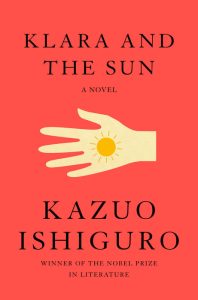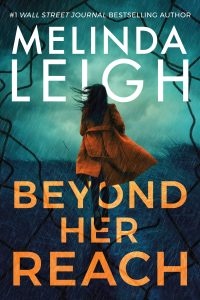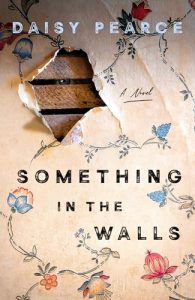
Emily Henry’s Happy Place looks like a breezy summer romance at first glance. What it actually delivers is a layered, melancholy portrait of adulthood, found family, and the ache of loving someone when life keeps pushing you in opposite directions. It is romantic, yes, but it is just as much about friendship, grief, career identity, and the quiet compromises we make until our lives no longer feel like our own.
The setup
Harriet and Wyn were the golden couple of their tight-knit friend group. They dated for years, spent summers at a beloved cottage in Maine, and seemed inevitable. Six months before the novel opens, they broke up. They did not tell anyone. When the group gathers for one last week at the cottage before it is sold, Harriet and Wyn agree to fake it to keep the peace. Wine, seafood, and nostalgia are plentiful. So are secrets, old habits, and unresolved hurt.
Henry structures the book in alternating past and present chapters, letting us watch the relationship bloom even as we sit with its aftermath. The effect can be disorienting in the early going, but once the timelines click, the emotional payoff sharpens. You feel the weight of what was, right alongside the fragile hope for what might be rebuilt.
Romance with splinters
Readers who love second chance romance will find much to swoon over. The chemistry between Harriet and Wyn is tangible, from flirty banter to the heavy, aching quiet of people who know each other down to the bone. Henry is deft at writing attraction that carries history. Even so, this is not a sugar rush love story. The central conflict runs on miscommunication and avoidance, which some readers find realistic and others find exasperating. If you have a low tolerance for characters failing to say the hard thing, you may grind your teeth here.
Where Henry excels is in mapping the private weather systems of two people who want to be good to each other and keep choosing the safer, quieter path. Harriet folds herself small to avoid burdening anyone. Wyn withdraws when he feels unworthy. Both patterns are understandable. Both are unsustainable. The novel’s tenderness comes from watching them try to grow past those reflexes.
The friend group matters
One of the book’s richest pleasures is the group dynamic. Long friendships are love stories too, and Henry treats them with that weight. The Maine cottage is a made family’s sanctuary, but also a time capsule that forces everyone to confront what has changed. Careers, partners, and geography have pulled the group in different directions. Resentments and power imbalances show through the cracks. Not every side character will land for every reader, but the collective portrait feels true to how adult friendships stretch, recalibrate, and sometimes fray.
Work, identity, and the title’s quiet irony
Despite the pastel cover and beachy setting, Happy Place is often sad. That is not a flaw. It is a choice. The book sits with the gulf between the lives we planned and the ones we built while trying to please other people. Harriet’s career arc in particular has divided readers. Without spoiling specifics, she faces a fork in the road that asks whether prestige and sunk costs should outrank joy and mental health. Some will cheer her leap. Others will question the realism of the practicalities. The debate is part of the book’s cultural footprint, and it underscores Henry’s point that happiness is less a place than a set of daily decisions.
What worked for me
- Prose with pulse. Henry’s sentences hum. The metaphors are vivid, the dialogue quick, the silences meaningful. Even when you disagree with a character’s choice, the writing keeps you inside the feeling.
- Earnest, adult vulnerability. The story honors therapy, grief, and the awkward work of saying what you want. When Harriet and Wyn finally talk rather than orbit, the scenes land.
- Found family with texture. The group’s history gives the romance room to breathe. The cottage functions as a character, a space where comfort and pressure coexist.
What may not work for you
- Heavy reliance on miscommunication. If that trope strains your patience, expect friction.
- A polarizing endgame decision. The final choices around career and logistics will inspire either fist pumps or eye rolls depending on your appetite for practicality in fiction.
- Side characters’ heat map. Some readers find a few friends underdrawn while others love the ensemble. Your mileage may vary.
Verdict
Happy Place is one of Emily Henry’s most emotionally honest novels. It will not be everyone’s cup of tea if you want rom-com fizz or a tidy, purely escapist arc. If you are in the mood for a romance that respects the mess of real adulthood and treats friendship as sacred ground, this one may own you for a while. I finished feeling wrung out and seen, which is exactly what the title winks at. Happiness here is not a postcard. It is a practice.
Recommended for: fans of second chance romance, found family dynamics, character-driven stories set against a coastal summer backdrop, readers who like their love stories threaded with career angst and grief rather than nonstop banter
Skip if: miscommunication is your least favorite trope or you want a purely light, plotty vacation read
Ready to visit your own Happy Place and decide where you land on the debate


